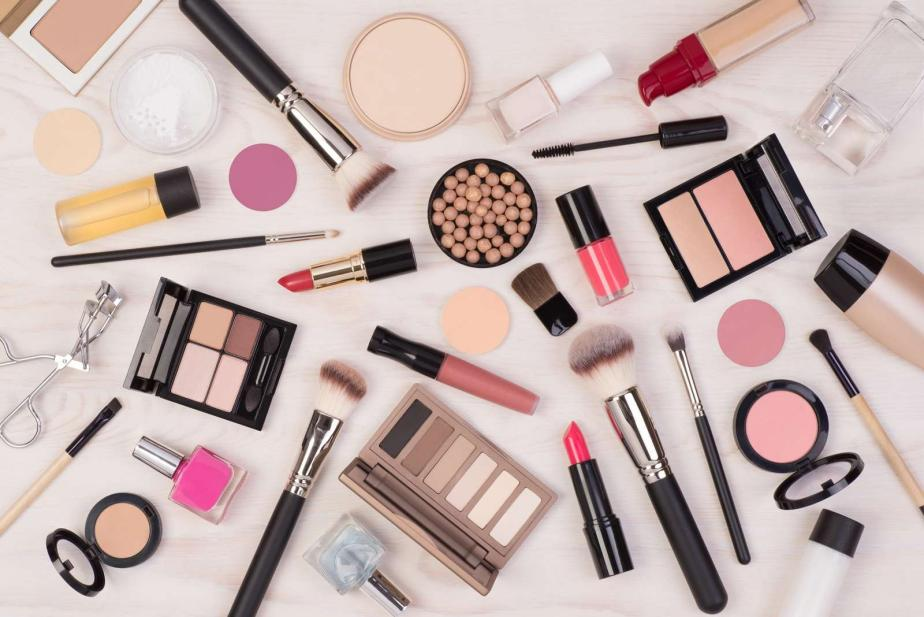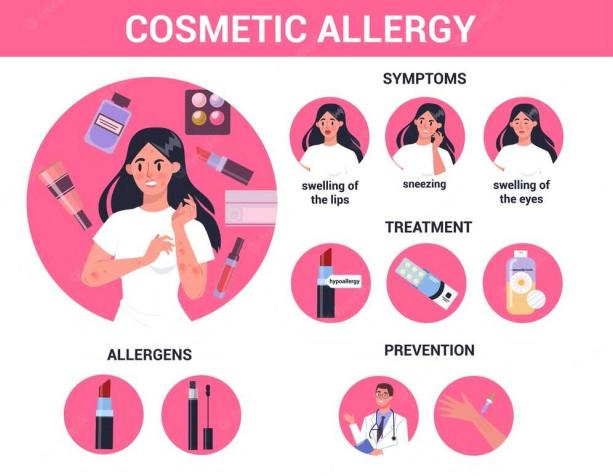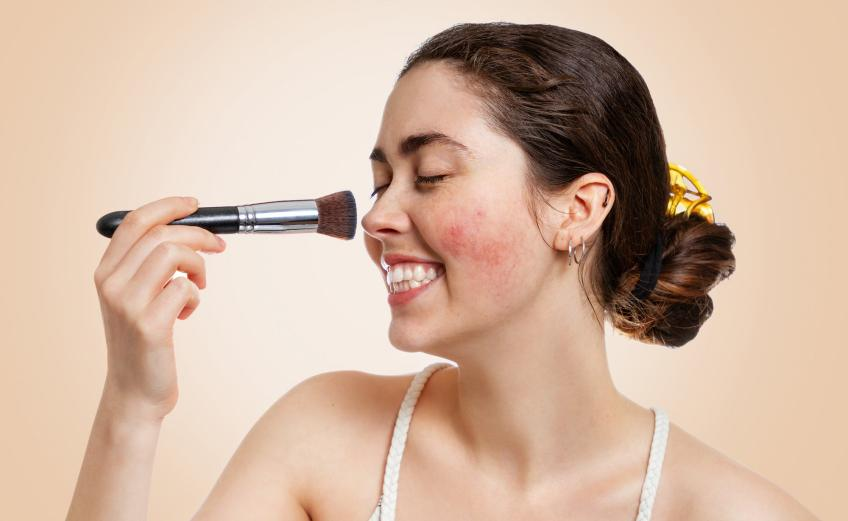Do You Really Need Hypoallergenic Makeup?
Do You Really Need Hypoallergenic Makeup?
Hypoallergenic cosmetics are products that manufacturers claim produce fewer allergic reactions than other cosmetic products. Consumers with hypersensitive skin, and even those with "normal" skin, may be led to believe that these products will be gentler to their skin than non-hypoallergenic cosmetics.
But there are no Federal standards or definitions that govern the use of the term "hypoallergenic". Subsequently, to this day, there aren't any standards or tests required to use this claim on a product label.
So what kind of products can be called hypoallergenic products and what kind of people need such products?

Learn about hypoallergenic products
The word hypoallergenic is actually a cosmetic marketing term that has no regulation by the FDA. It is meant to make people feel a sense of security that something is not going to have common allergens, many common items can also be allergens such as aloe, rose, avocado, cornstarch, carmine, castor oil, vitamin B. So you really just cannot say that a product is going to be hypoallergenic because allergies are so specific and unique.

Generally, hypoallergenic makeup products are free from certain common allergens like fragrance, parabens, and dyes. This is also the most common type of product on the market that claims to be hypoallergenic.
If you are looking for products that work well for your skin, first figure out if your skin is truly sensitive or just sensitized by certain products you're using.
So what is sensitive skin, and how do you choose a product as a user of this skin type?
Choose according to your skin type
Sensitive skin means that your skin reacts to or gets irritated easily, especially when you put products on it. Your skin may react to the application of a product in different ways. Some symptoms of sensitive skin include stinging, burning, itching, redness, dryness, peeling, or scaling of skin after the application of products. Other factors that can irritate sensitive skin include wind exposure, cold weather, or sun.

Many people may have sensitive skin, but those who already have an underlying skin condition, like rosacea, eczema, or acne, are even more susceptible to irritation. Because of this sensitivity, people often try to use products that they think will be less likely to irritate their skin.
Many times, this means using products labeled“hypoallergenic,”meaning“less allergenic”or less likely to cause an allergic reaction. If you need this type of product, please contact us, we can provide related assistance. (https://www.molacosmetics.com/contact)
For users who do not know your skin type, the easiest way to check if a product can cause allergies is testing all products before using them—apply a pea size amount of product to a small area on your face for a few days and watch for a reaction, i.e. red/angry, irritated, or itchy skin. If you have a reaction, then that product is not right for you! Remember it must be tested on the face and not elsewhere because the face is more sensitive than other areas of the body.
Because there is no special standard to define hypoallergenic products, when choosing skin care and cosmetics, we need to consider the actual condition of our skin and be alert to the traps of merchants. And if you have skin allergy symptoms, don't go too ham on the sales. The best thing you can do is consult with a board-certified dermatologist to figure out the source of your irritation.
